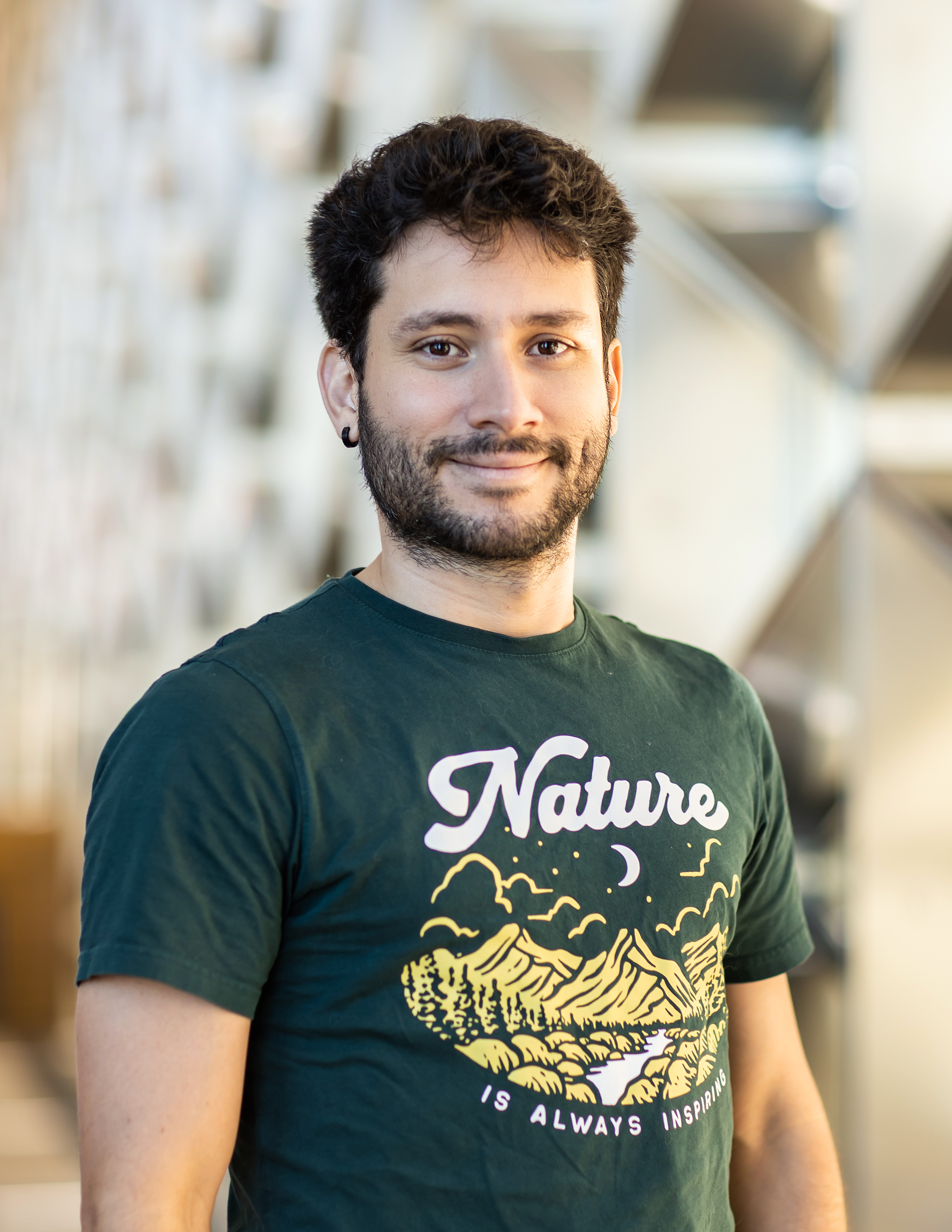

Nov 2023

Abstract:
Human pluripotent stem cells (hPSCs) are a promising tool for advancing developmental studies and translational medicine. In this context, the establishment of in vitro differentiation protocols for generating hPSC-derived cardiomyocytes (hPSC-CMs) has allowed the exploration of early cardiac development. Notably, electrical stimulation has emerged as a reliable factor to mature hPSC-CMs, transitioning from their embryonic-like state to an adult-like phenotype. This capability holds promise for modeling late-onset cardiac diseases and translational applications.
Chapter 1: I review the existing cardiac developmental models built upon hPSCs. It dissects the genetic and molecular programs governing cardiac development in vivo, elucidating the molecular cues harnessed for in vitro protocols to generate hPSC-CMs. It focuses on cutting-edge three-dimensional models like human cardiac organoids that recapitulate early developmental events, and engineered heart tissues, tailored for achieving maturation and facilitating drug screening.
Chapter 2: I present a protocol to produce hPSC-CMs. This protocol highlights critical steps, quality controls, and troubleshooting necessary to yield a differentiation with > 80% TNNT2+ cardiomyocytes. Furthermore, it guides the characterization of hPSC-CMs via immunofluorescence, flow cytometry, and calcium live imaging, allowing researchers to evaluate the success of the differentiation process.
Chapter 3: I evaluate the electrode optimization for effectively stimulating hPSC-CMs. Here, transparent electrodes made of gold or indium tin oxide (ITO), arranged in three spatial configurations, are examined for their impact on electrical stimulation efficiency. The results show that regardless of the material, vertical configuration yields the highest efficacy in eliciting the contractile response of hPSC-CMs. Notably, electrical training of hPSC-CMs did not yield superior maturation compared to long-term cell culture. These findings underscore the importance of optimizing electrical stimulation systems for cardiac tissue engineering, holding potential for disease modeling and cell-based therapeutic applications in the future.
Collectively, this dissertation integrates valuable insights into in vitro cardiac developmental modeling utilizing hPSCs, alongside offering a comprehensive technical guide for the efficient production of hPSC-CMs through a straightforward and dependable protocol. Furthermore, it plays a pivotal role in bridging the existing knowledge gap concerning the optimization of electrical stimulation techniques for hPSC-derived cardiomyocytes, an area that remains relatively underexplored in the current scientific landscape.
Bio:
I’m a biologist with an M.Sc. degree in infectious diseases from the National University of Colombia. At the BSc stage, I extracted and quantified antibodies from chicken egg yolk against Leishmania infantum to propose an optimal antigen inoculation scheme for antibody production. Later in my MSc, I focused on the molecular biology of leishmaniasis, quantifying the expression and subcellular localization of Metallothionein 2 in U937-macrophages infected by Leishmania braziliensis. After my MSc, I participated in an antimalarial drug screening project at the University of Antioquia. By 2017, I joined KAUST as a Ph.D. student at the Laboratory for Nanomedicine where I conducted tissue engineering and material science research. Finally, I joined the STEMD lab in 2019 to work in collaboration with the organic bioelectronic lab (BIOEL) on the electrical stimulation of hiPSC-derived electroactive cells to change the fetal-like phenotype to an adult-like. We aim to trigger cell maturation by training cardiac and pancreatic cells with electrical stimulation.